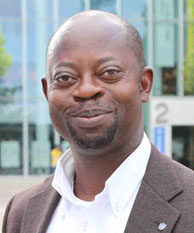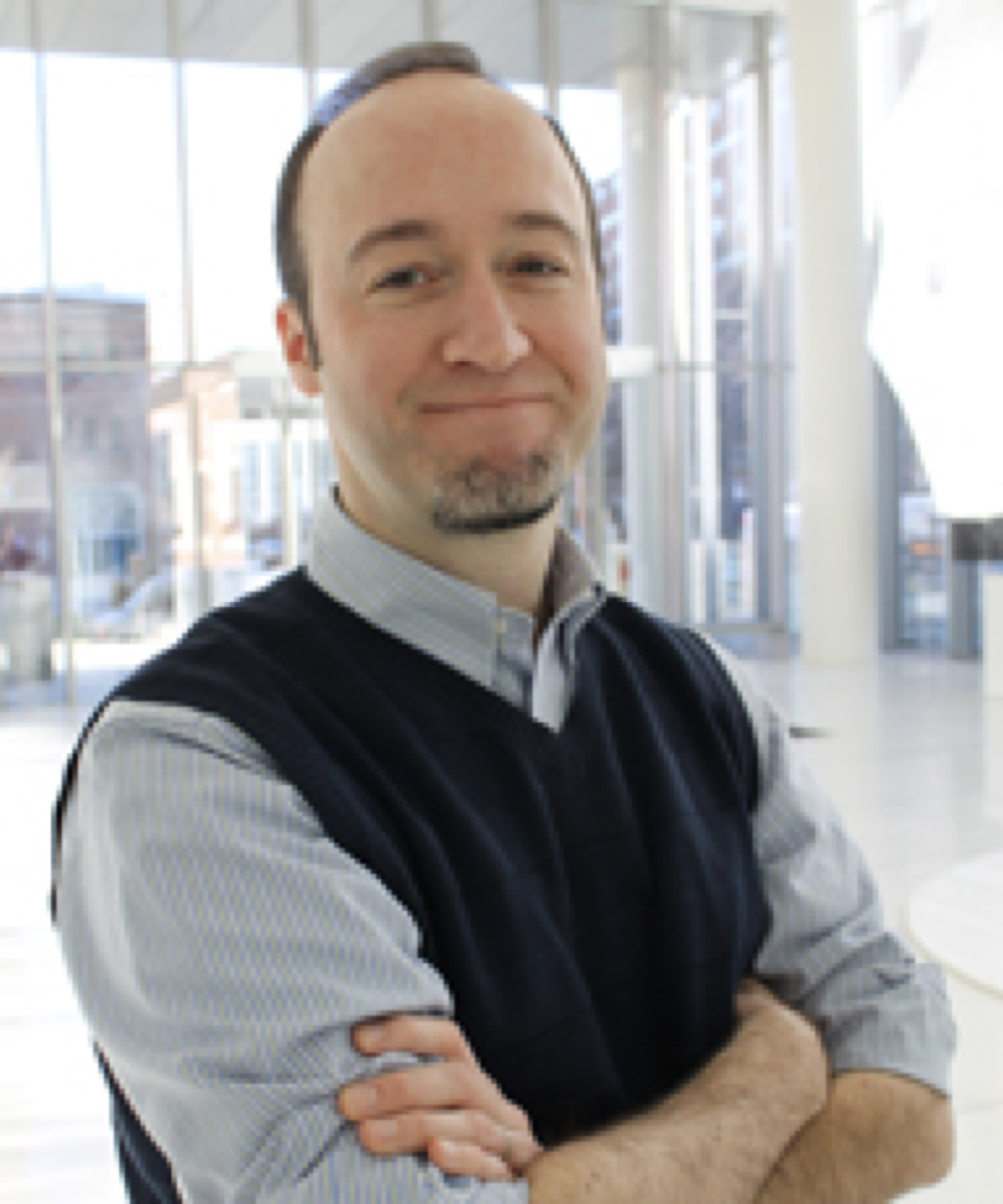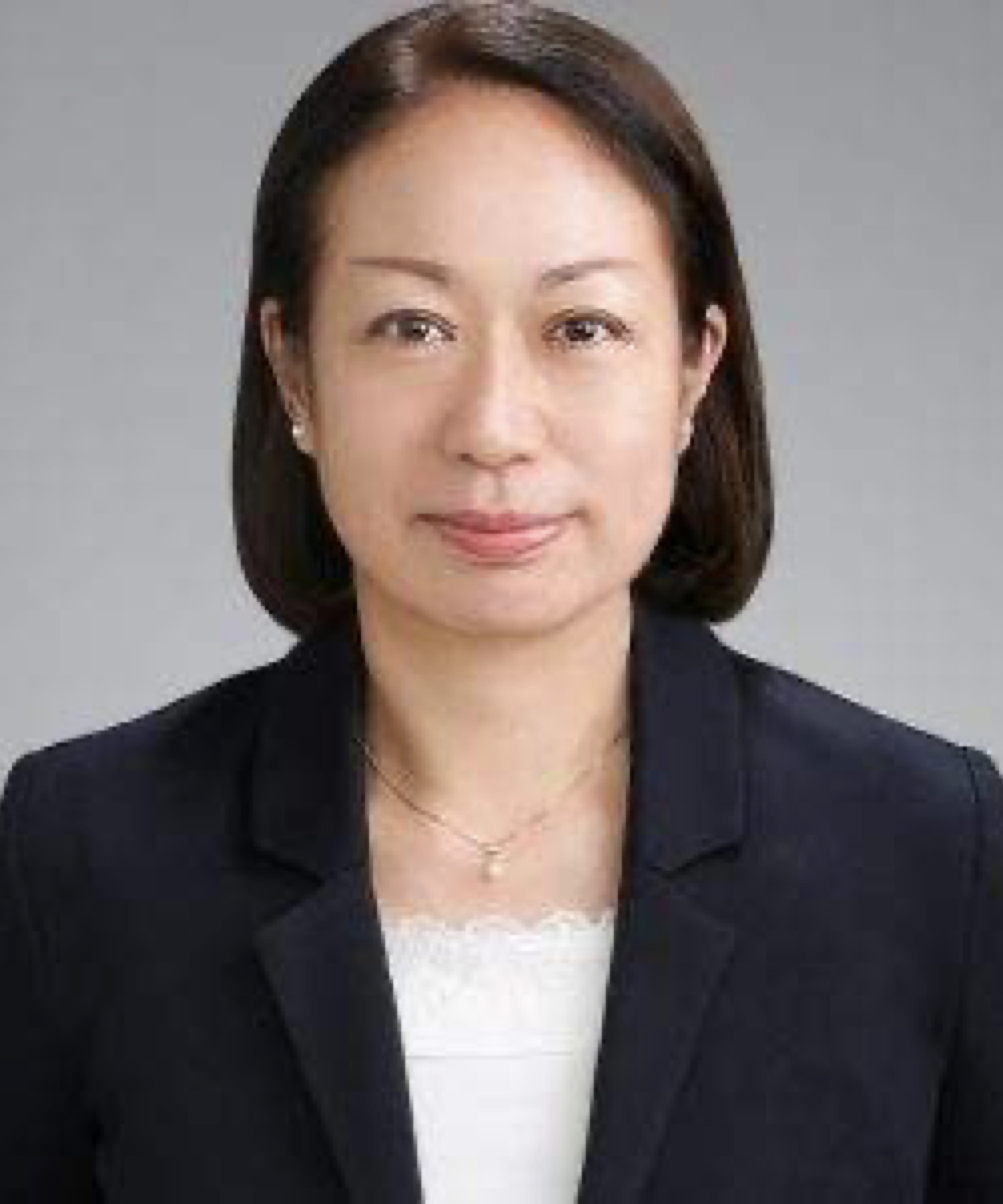IIS Members
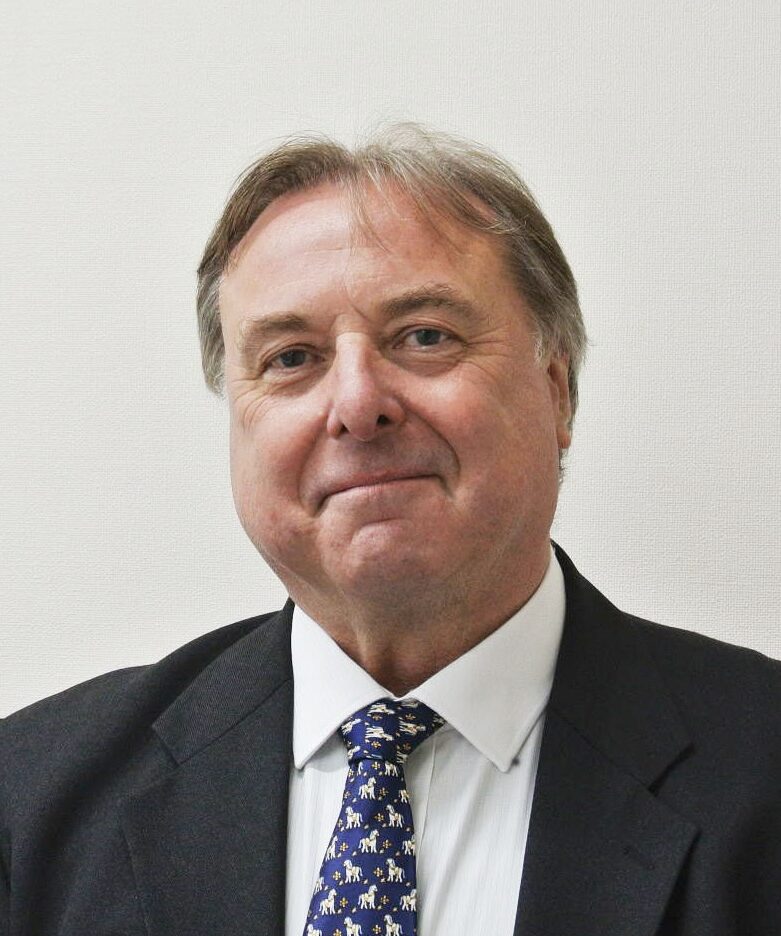
Keith Jackson
Professor of
Leadership Development
Ph.D. SOAS Univ of London

Parag Kulkarni
Professor of
Artificial Intelligence & Innovation Strategy
Ph.D. IIT Kharagpur

Christopher Lamont
Professor of
International Relations
Ph.D. Univ of Glasgow
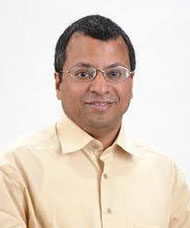
Rajarshi Mitra
Professor of
International Trade & Finance
Ph.D. Univ of Wisconsin-Milwaukee
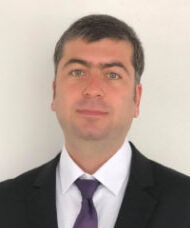
Fatih Ozaydin
Professor of
Information Management & Quantum Technologies
Ph.D. Osaka Univ
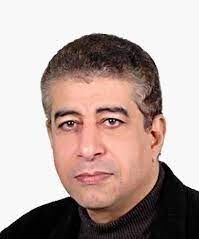
Ahmed Rahmy
Professor of
International Relations
Ph.D. Chukyo Univ
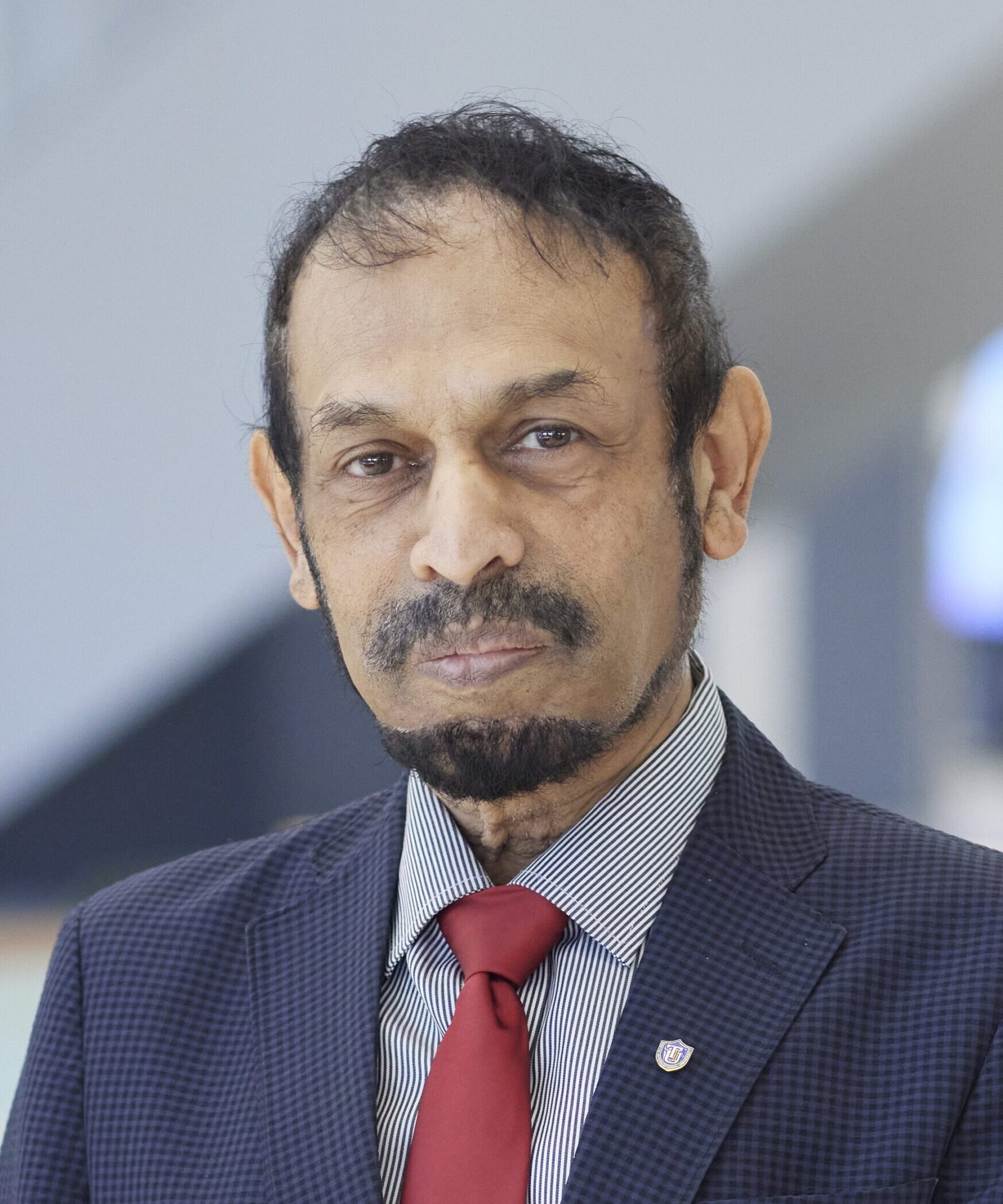
Jay Rajasekera
Professor of
Digital Business & Strategy
Ph.D. NC State Univ
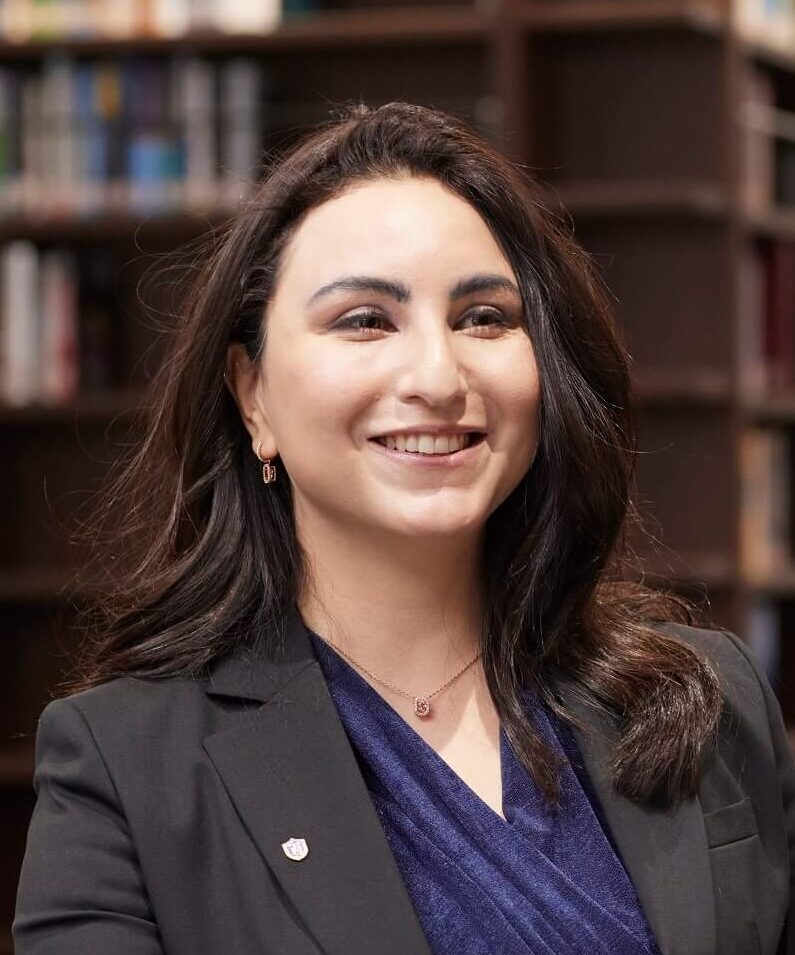
Nora Sharkasi
Professor of
Digital Marketing & Analytics
Ph.D. Univ of Tsukuba
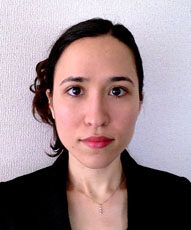
Sumire Stanislawski
Professor of
Marketing
M.A. Waseda Univ
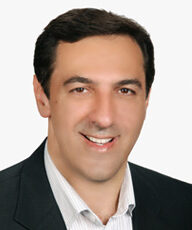
Kayhan Tajeddini
Professor of
Strategic Management & International Business
Ph.D. Bradford Univ
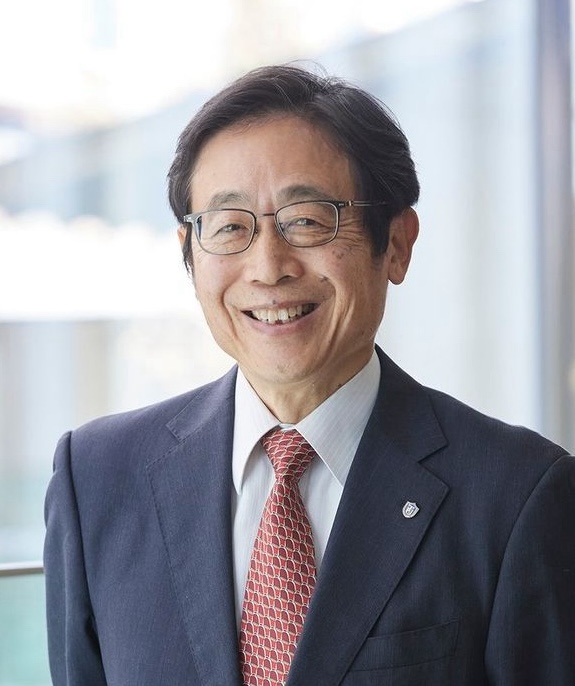
Yasuhiko Toride
Professor of
Social Business
Ph.D. Univ of Tokyo

Barbara Greene
Associate Professor of
International Relations
Ph.D. Univ or Arizona
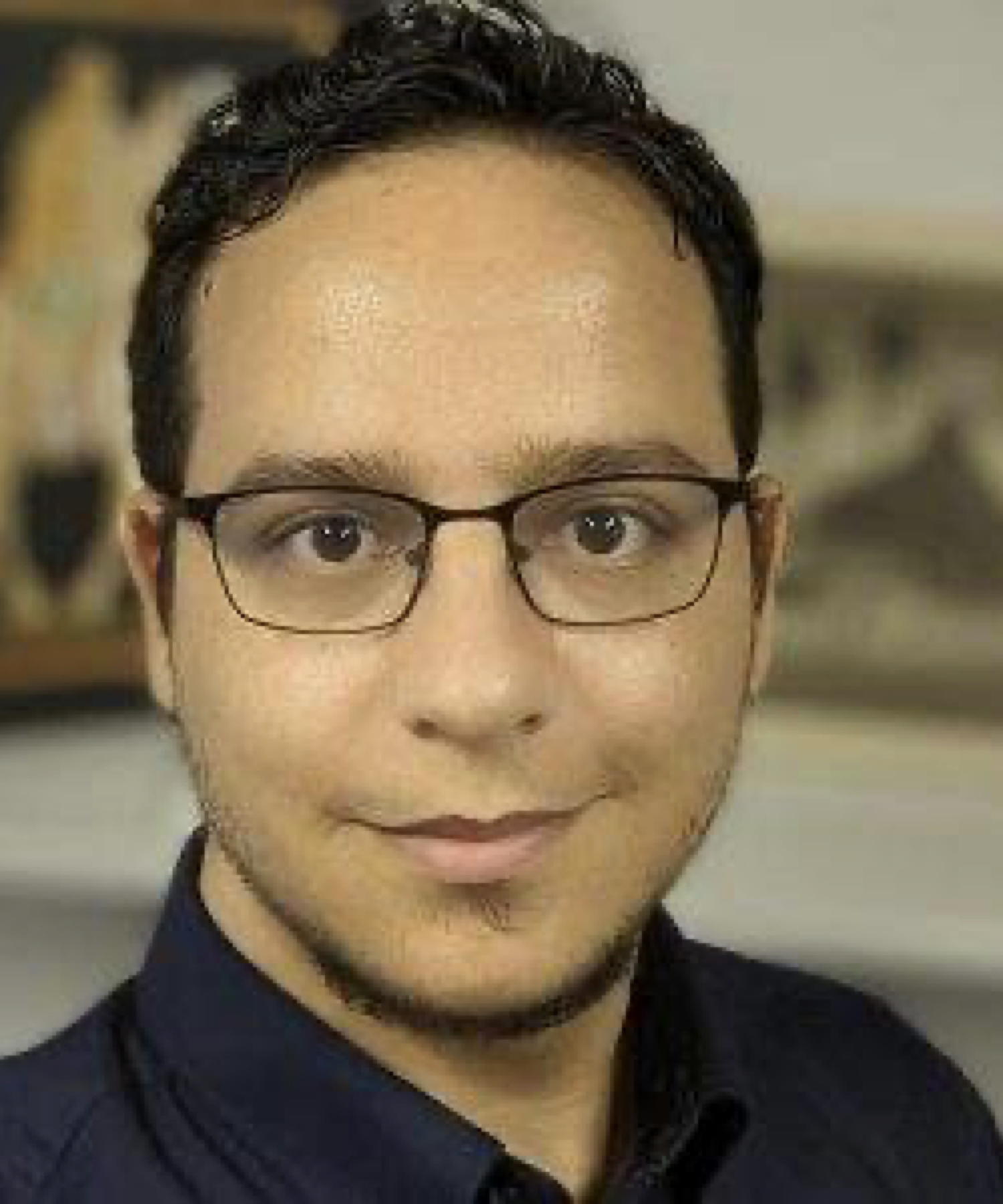
Rafik Hamza
Associate Professor of
Information Management & Cybersecurity
Ph.D. Univ of Batna
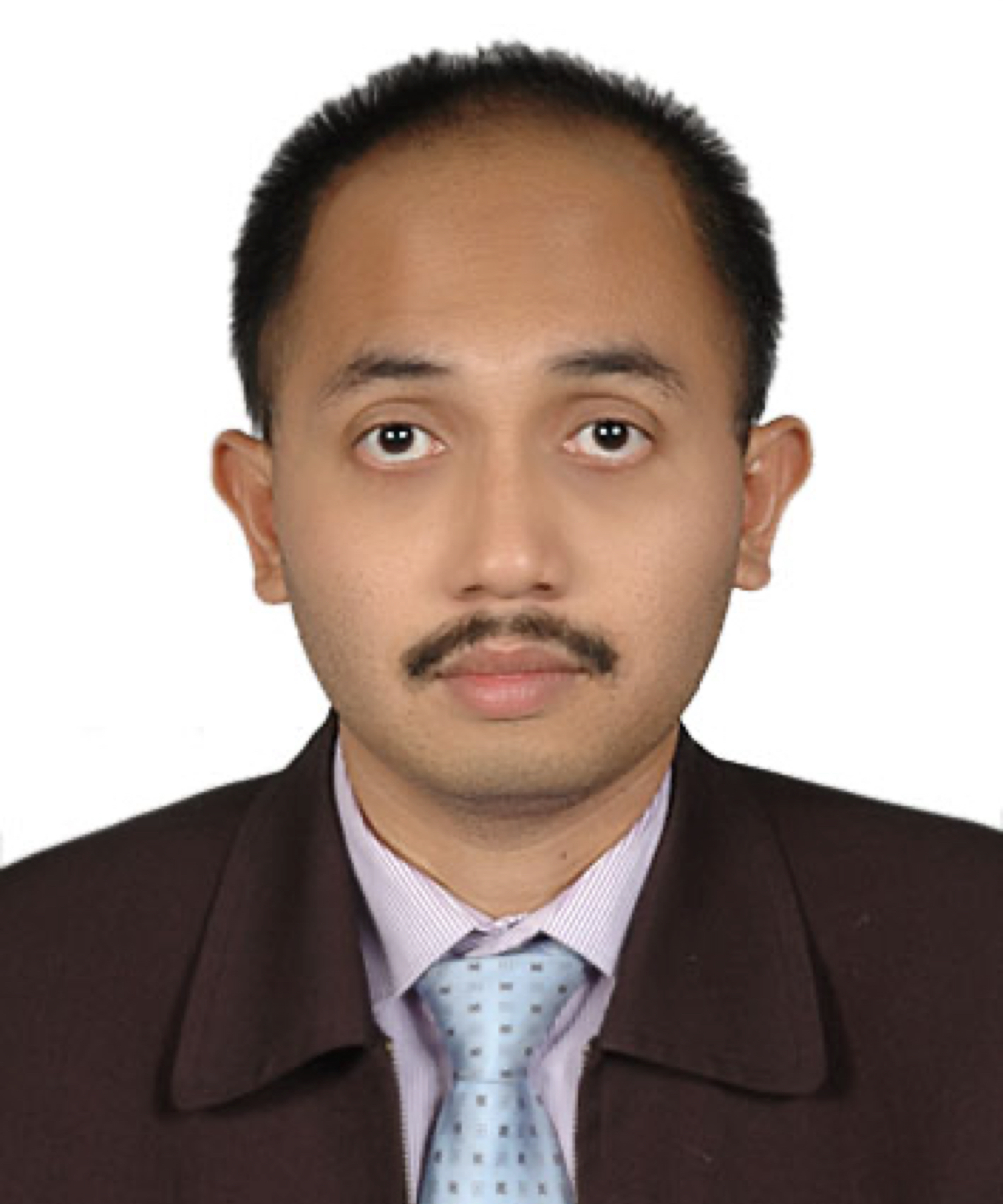
Rangga Handika
Associate Professor of
Finance
Ph.D. Macquarie Univ
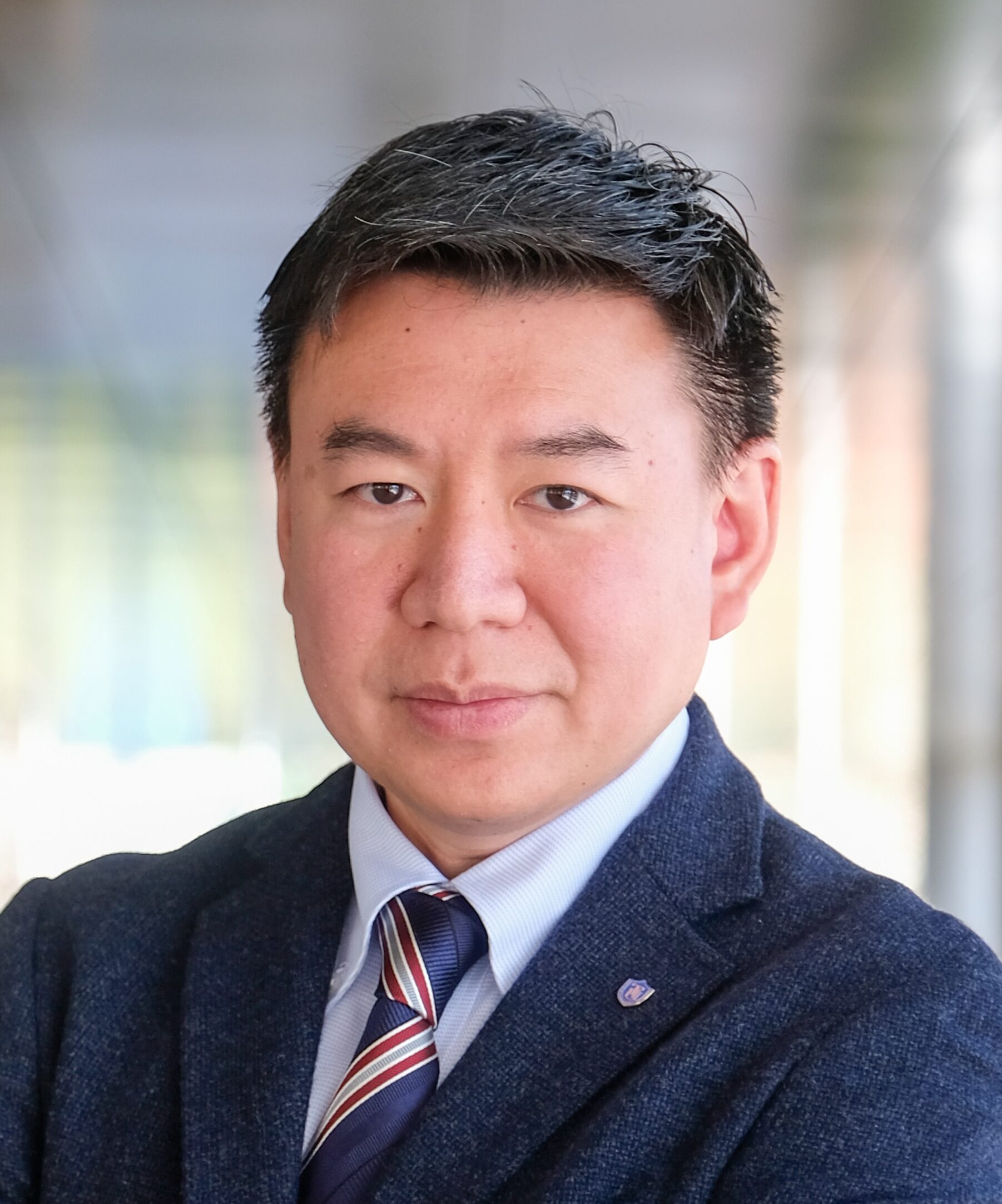
Hak Yin Li
Associate Professor of
International Relations
Ph.D. Univ of Nottingham
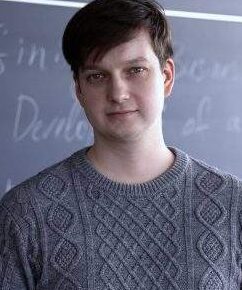
Vasily Lubashevsky
Associate Professor of
Business Analytics
Ph.D. Univ of Tokyo
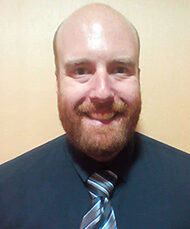
Nathan Munier
Associate Professor of
International Relations
Ph.D. Univ of Nebraska-Lincoln
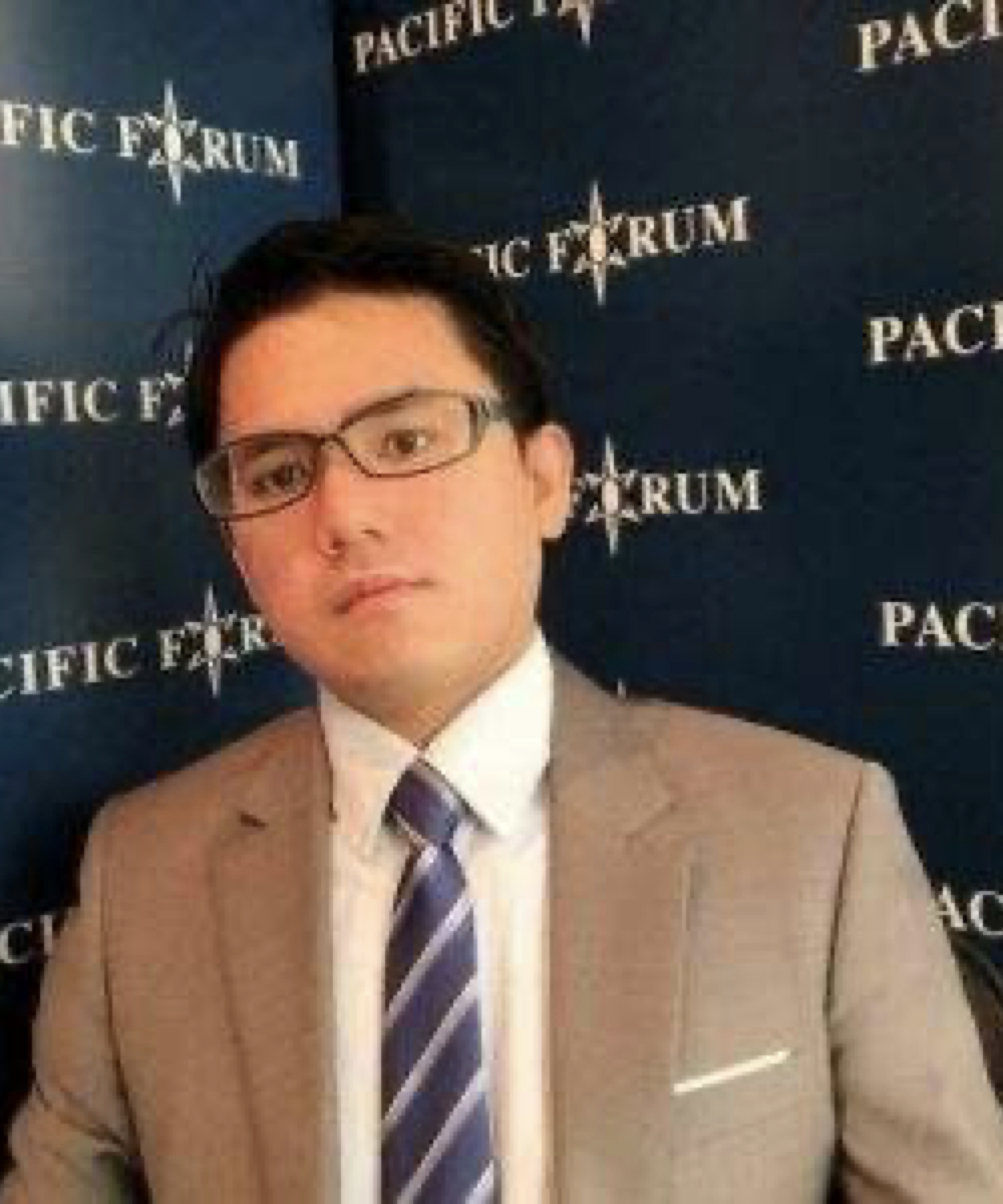
Jeffrey Ordaniel
Associate Professor of
International Security
Ph.D. National Graduate Institute of Policy Studies (GRIPS)
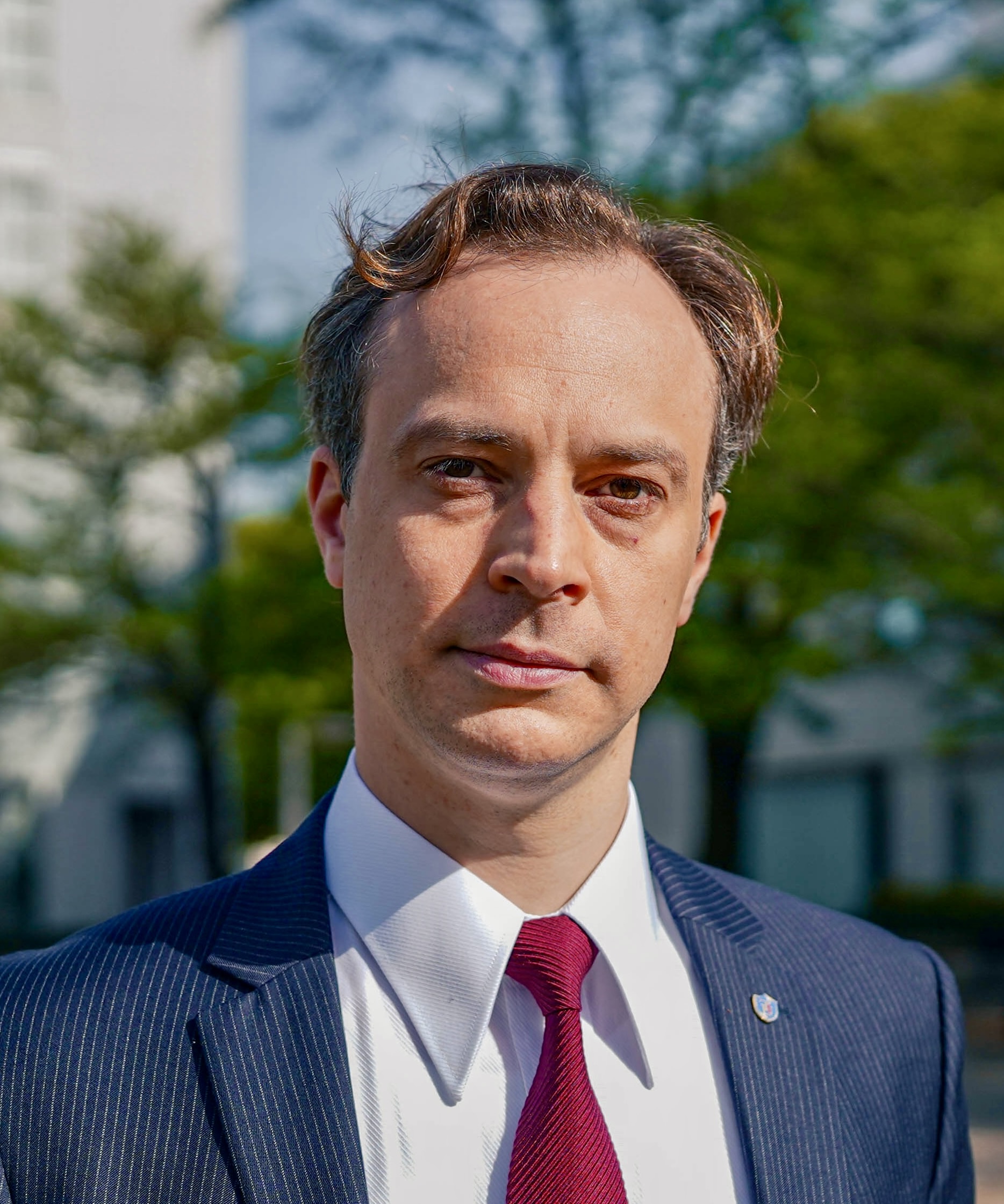
Adrien Schifano
Associate Professor of
International Law & Organization
Doctorate of Law, Hitotsubashi Univ
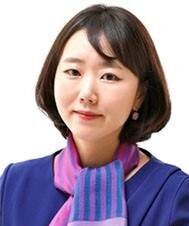
Sojin Shin
Associate Professor of
Political Economy & South Asian Studies
Ph.D. National Univ of Singapore
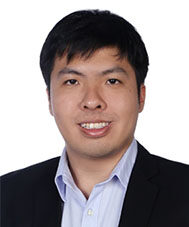
Yee Heng Tan
Associate Professor of
Digital Marketing & Social Media
Ph.D. Singapore Management Univ
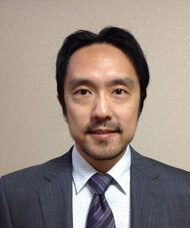
Hiroyuki Yamamoto
Associate Professor of
Political Science
Ph.D. Univ of Virginia
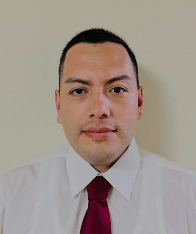
Augusto Delgado
Assistant Professor of Urban & Development Economics
Ph.D. Kyushu Univ
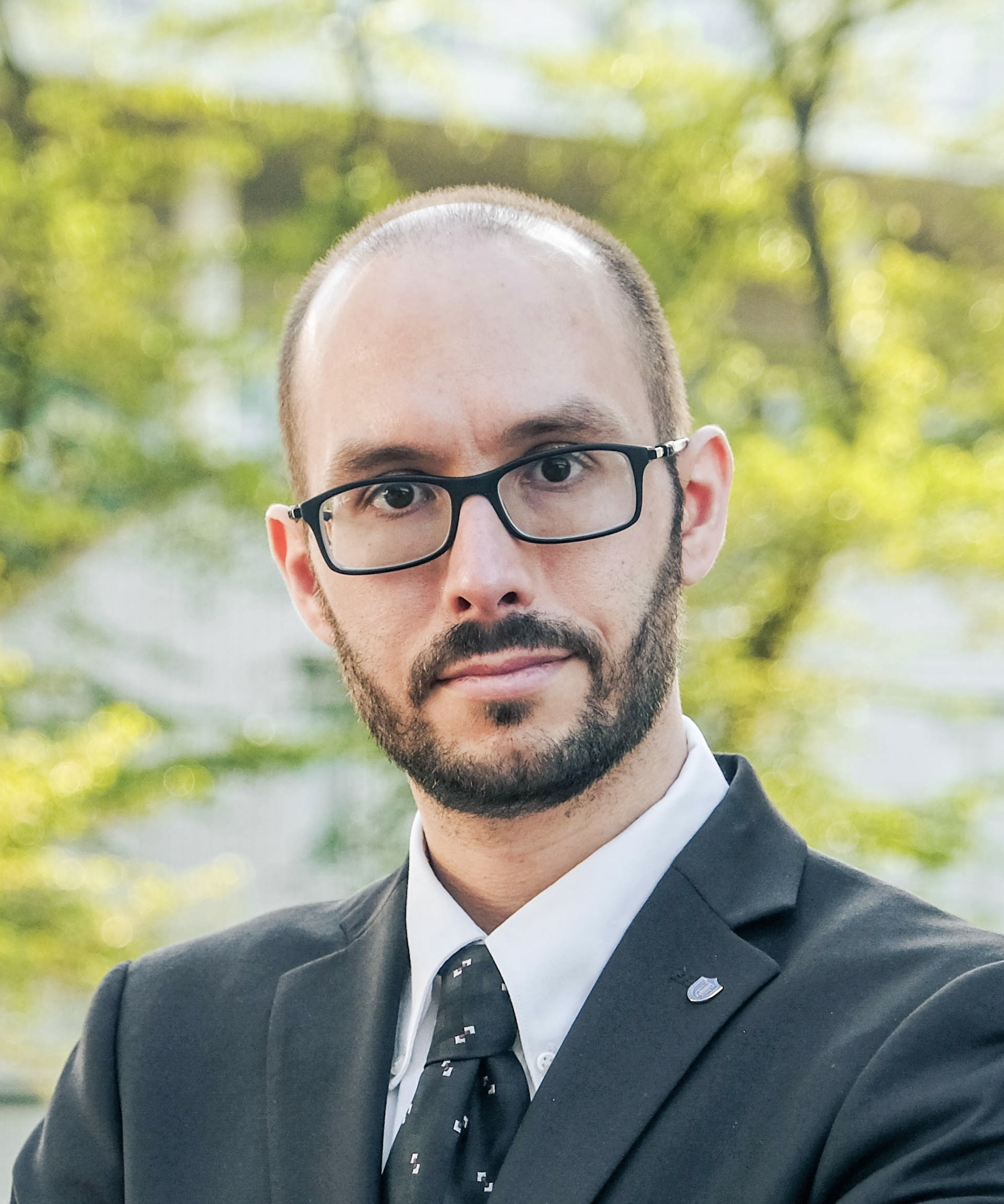
Ryan Olver
Assistant Professor of Agricultural Economics
Ph.D. UC Berkeley
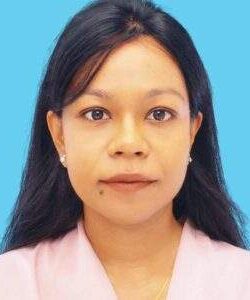
Roksana Binte Rezwan
Assistant Professor of Organizational Behavior
Ph.D. Hiroshima Univ


